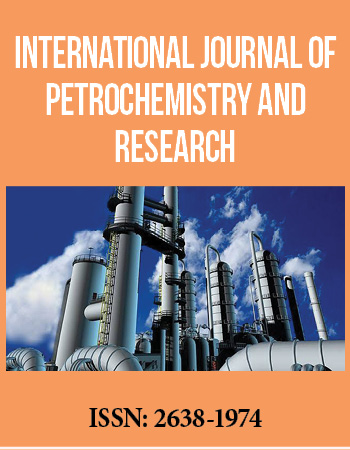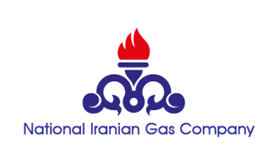International Conference on Oil, Gas and Petrochemistry
April 3-5, 2017 Dubai, UAE
Modelling the influence of nanoparticle size on oil recovery under injection with water-based nanofluid
University of Ibadan, Nigeria
Nano-enhanced oil recovery has recently gained attention for applications in the Upstream Petroleum sector although it is yet to be applied in any oil field as of date in Nigeria. However, several laboratory experiments have been developed to validate the possibility of injecting nanofluid (nanoparticles dispersed in fluid, e.g. water, brine, alcohol, ethylene glycol, etc.) for enhanced oil recovery in oil field applications; and additional recoveries of approximately 10% have been recorded. Oil recovery by nanofluid results from two main mechanisms. These include IFT reduction and Wettability alteration. There are several factors that affect nanofluid flooding recovery. These include concentration of nanoparticles, size of nanoparticles, salinity, temperature, wettability of nanoparticles, the rock grain size, the clay content, reservoir permeability, and injection rate. However, the size and concentration of nanoparticles are the most dominant factors. This study investigated the effect of nanoparticle size on flooding recovery by analysing the laboratory results from three different sets of nanofluid experiments carried out at different locations while keeping other factors unchanged; the carrying fluid of the nanoparticles being brine. An existing mathematical flow model which describes how nanoparticles suspension is imbibed into a two-phase (oil and gas) system was modified to incorporate nanoparticle size. The extent of modification of fluid and solid properties due to addition of nanoparticles of different sizes were monitored and examined for possible enhancement to recovery. The oil recovery model generated results that were comparable to laboratory outcomes for the three different locations. The new nano-flow model incorporating variations in particle size could therefore be employed in future field applications.
Biography:
Yetunde Omotosho is a Petroleum Engineer with a strong drive for excellence in the Petroleum Engineering profession. She holds B.Sc. and M.Sc. degrees in Petroleum Engineering both from the University of Ibadan, Nigeria. Her research interest is in Enhanced Oil Recovery and Petroleum Economics. In addition to the PhD. programme, which runs at the Petroleum Engineering Department, University of Ibadan, she is currently a Research Assistant at the Centre for Petroleum, Energy Economics and Law (CPEEL), University of Ibadan. Yetunde is a member of the Society of Petroleum Engineers, Nigeria Society of Engineers and Council for the Regulation of Engineering in Nigeria.



